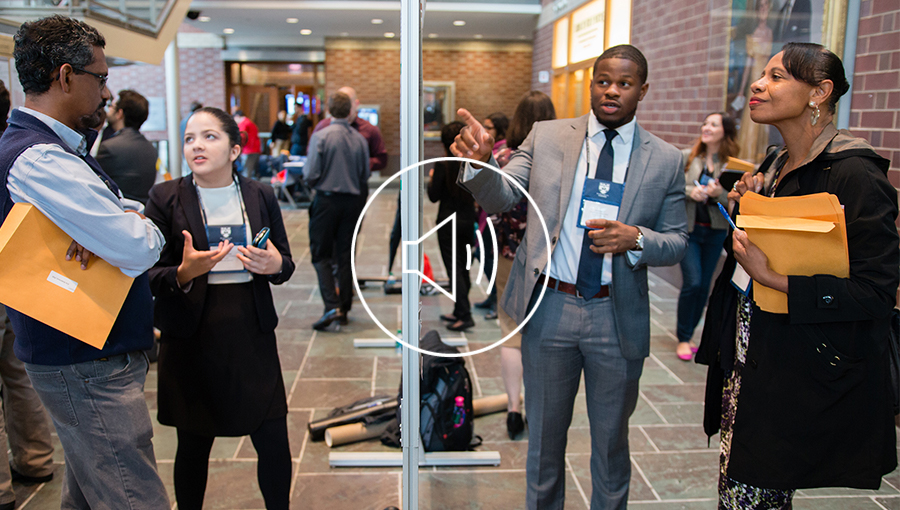
A collaborative event gives underrepresented groups an opportunity to explore the advantages of a Ph.D.-level education.

A look back at our top OMNIA stories from 2016
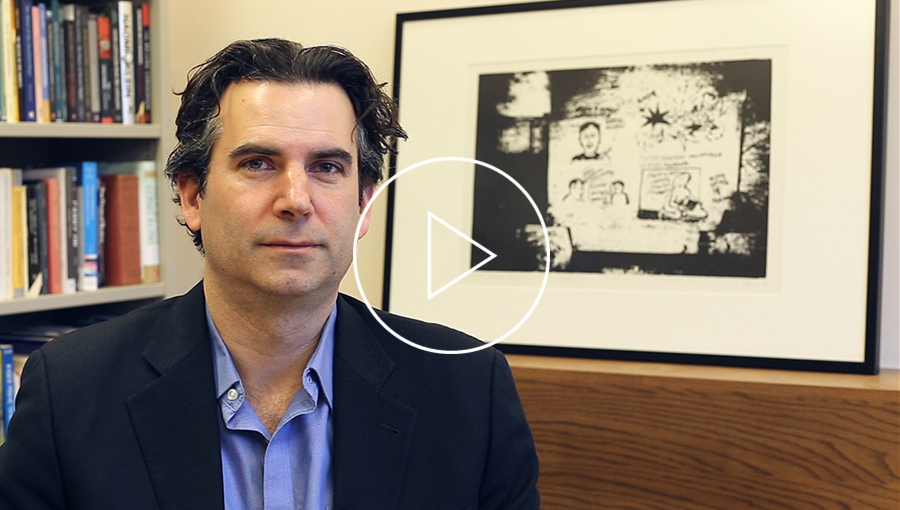
U.S. intelligence has recently confirmed Russia's interference with the 2016 presidential election through cyberattacks. We spoke with Mitchell A. Orenstein to discuss this attack, potential consequences for Russia, and future threats to other elections around the world.
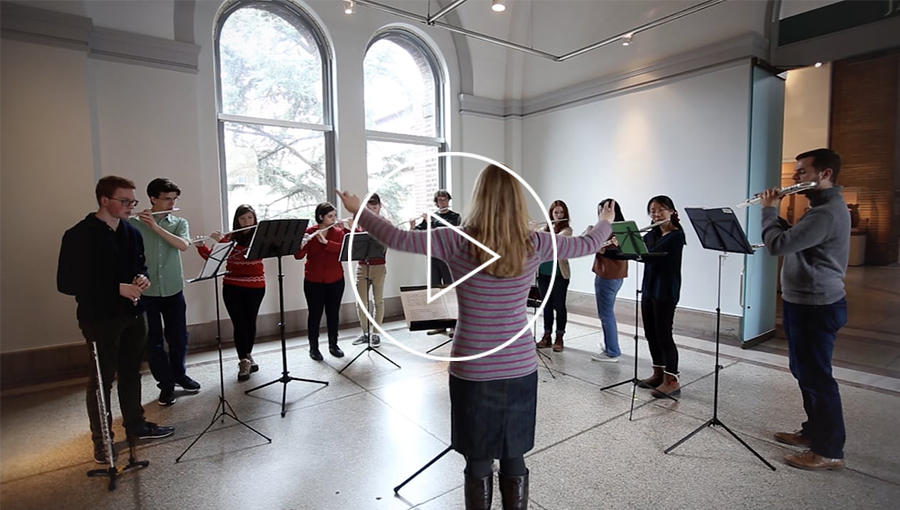
A Penn Flutes Pop-Up Performance
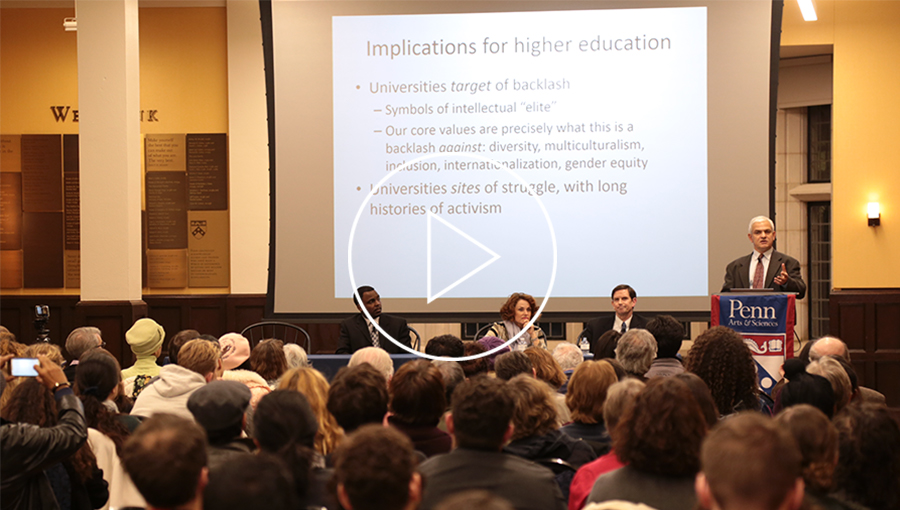
A special panel discusses multicultural democracy in a post-election world.
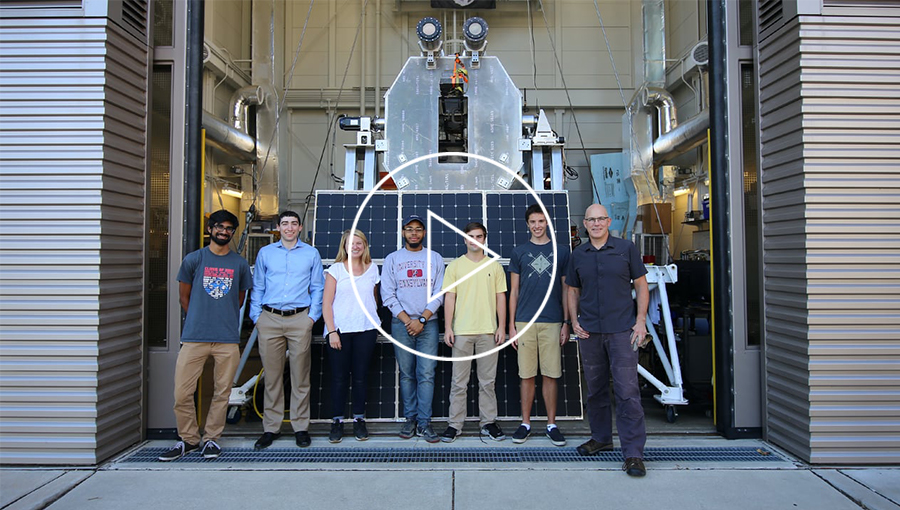
Physicist Mark Devlin and his team of students harness cutting-edge technology to comb through the evolutionary history of the universe.
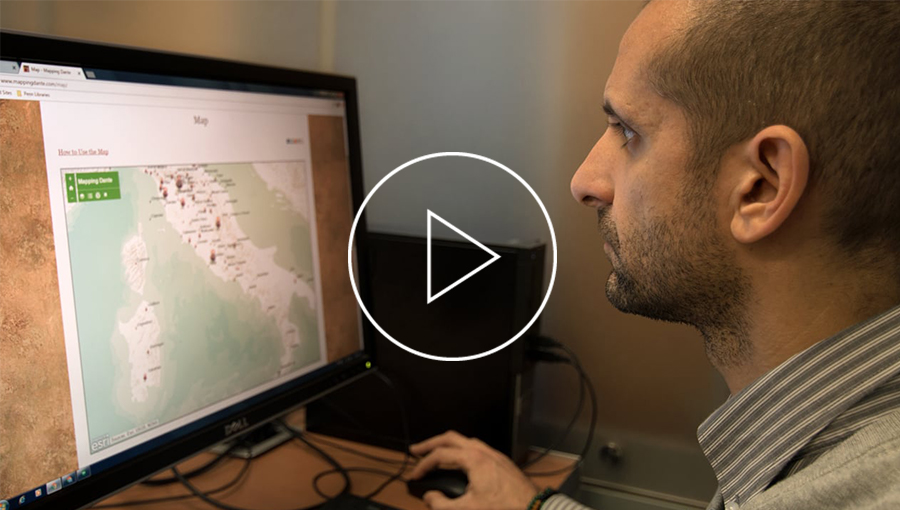
A digital humanities study in Dante's geographical imagination.
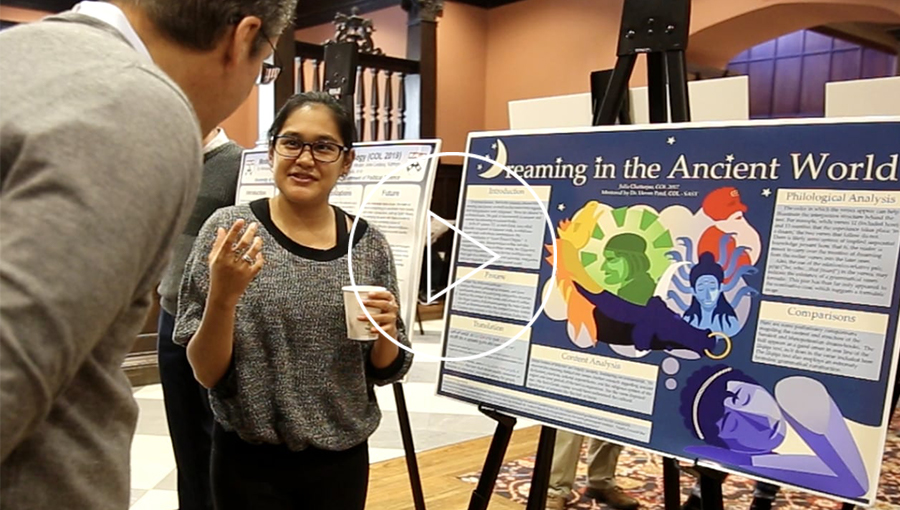
Julia Chatterjee, C'17, draws comparisons between two historical texts to shed light on the interpretation of dreams in ancient societies.
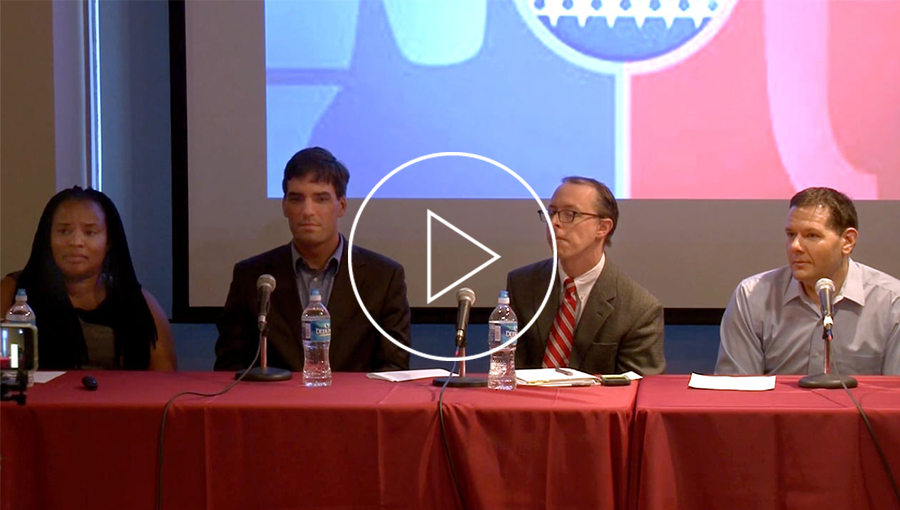
A panel of political scientists discusses the outcome of the election.
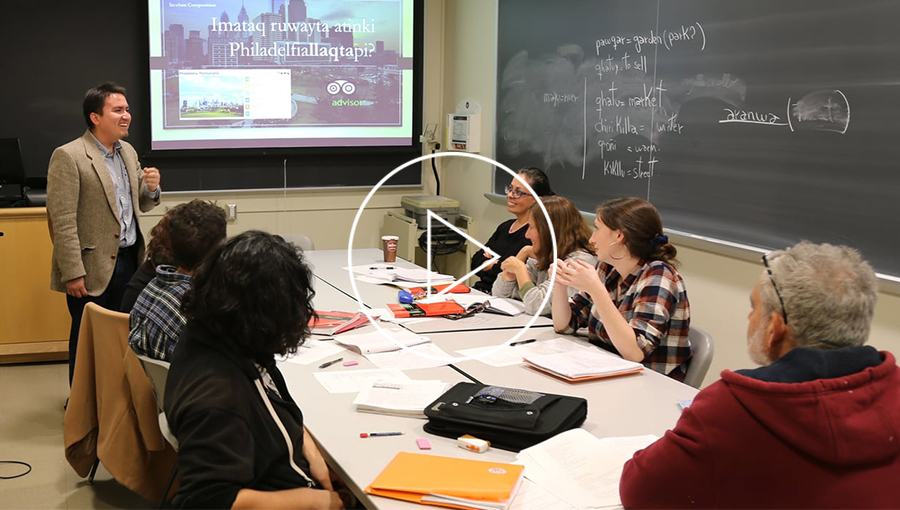
A thriving Native American language program makes Penn a Quechua hub.

Michael Horowitz, associate professor of political science, discusses the role of AI in the armed forces.
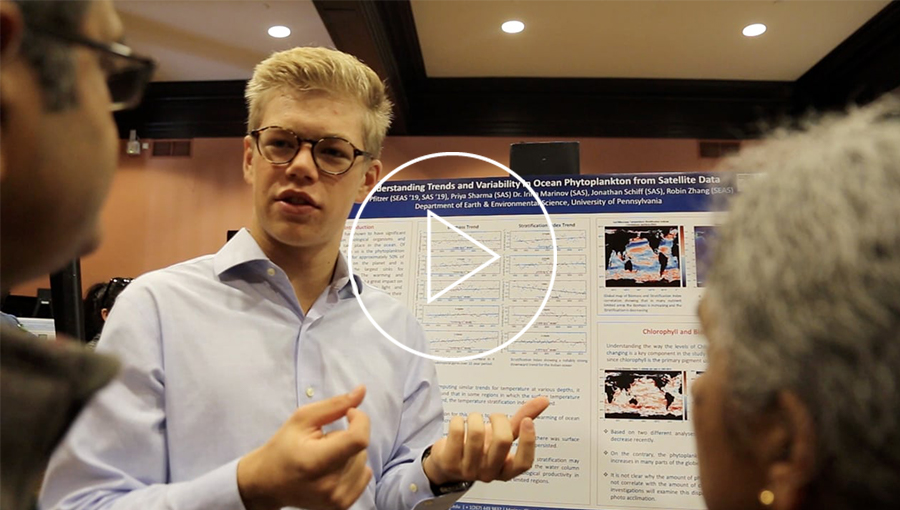
Yann Pfitzer, C‘19, ENG'19, describes the impact of climate change on ocean phytoplankton.